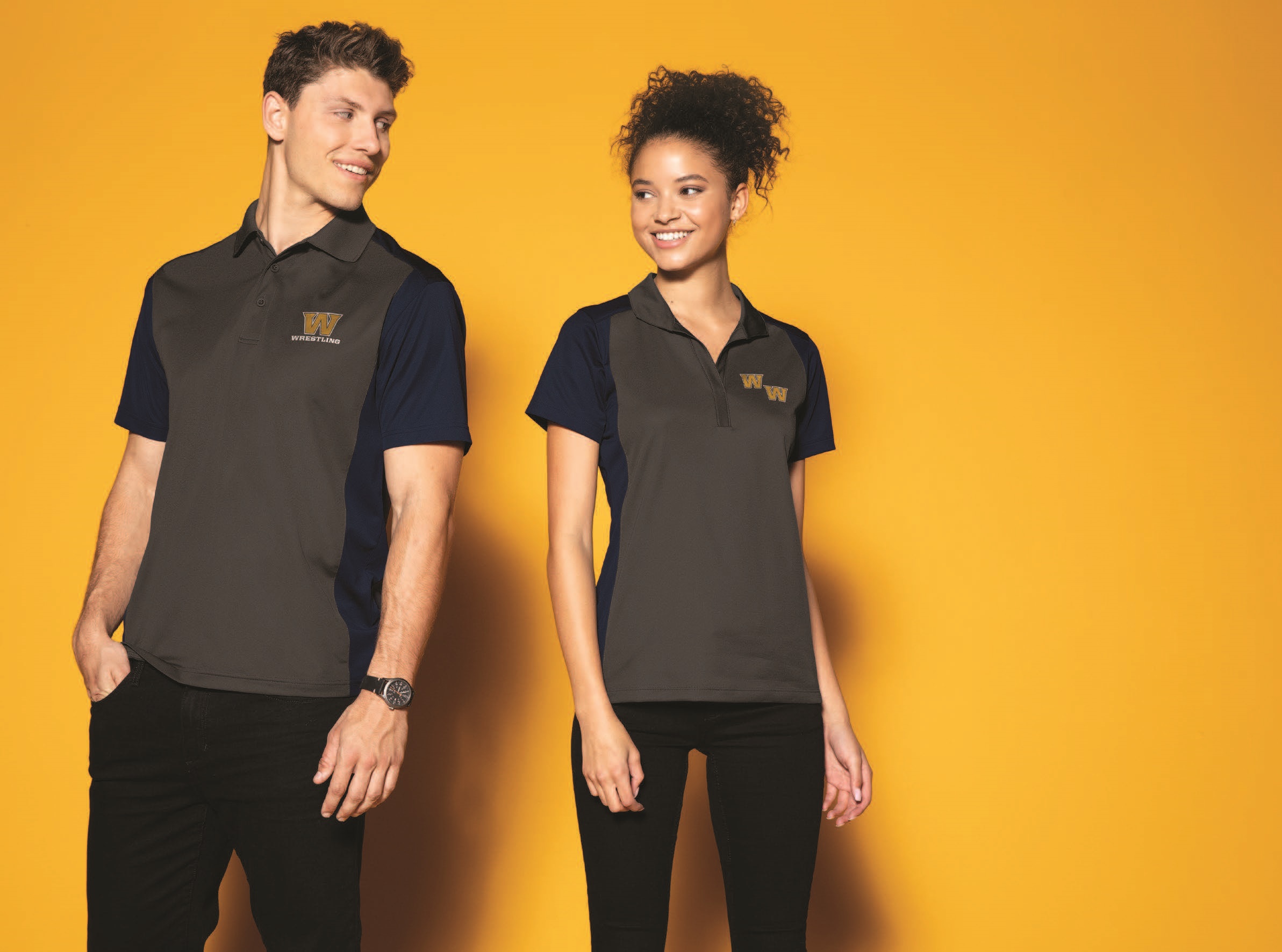This article originally ran in Apparelist. To read more, click here.
Gone are the days of people keeping their political cards close to the vest. Today, many take pride in their political or social views and want to share them – to get conversations going, build deeper connections with one another, and boost current campaigns or movements.
Mike Draper, the owner/founder of T-shirt shop and custom-printing business RAYGUN, is no stranger to printing for the moment. His first T-shirt design was born from his own experience with rejection.
At the time he had just finished college with a degree in history and planned to continue his education in Europe via a fellowship, which he was ultimately denied. So, naturally, he made a T-shirt about it. It read, “Not Penn State,” and he sold the shirts on college campuses along the East Coast after graduation.
Fast forward to today, and his retail T-shirt business is known by its tagline: “The Greatest Store in the Universe.” It sells everything from apparel and accessories to drinkware and other home and kitchenware with comedic and witty sayings, some of which are nods to political leaders.
Some of his work includes “America: Hill Yes,” which RAYGUN sold during Hilary Clinton’s presidential run in 2016; “Make America Great Again” with the Obamas pictured; and Let’s Go Johnson, a play on the euphemistic phrase “Let’s Go Brandon.”
So, what’s the trick to breaking into this market and getting into the political printing game?
Your Approach Matters
For those taking on work for political campaigns, Draper says approaching these requests should be done carefully. Decorators must evaluate whether they want to go the custom campaign route or sell direct-to-consumer in the retail space.
“If you are a custom-printing-only organization, it can probably be easier to ‘silently’ print for both sides behind the scenes,” he says. “For us, as a ‘progressive’ brand name, we really only work with progressive organizations. Although, progressive organizations usually gravitate to us anyway.”
If going the retail route and selling direct to the consumer, Draper says it’s important to note that not everyone will like what you print. Basically, you’re not going to be everyone’s cup of tea, and that’s OK. And while that might hold true, Draper has a clear line of what he will and won’t print.
“We don’t want to print anything mean-spirited or flagrantly false,” Draper states. “We don’t want to print anything that promotes violence or racism or illegal activity – particularly that skews toward violence.”
Lon Winters, founder and managing director at Graphics Elephants, says it’s also important to consider what may bring about a lawsuit, as politics can be a “careful line to walk.” As Draper already pointed out, discriminatory messaging should be avoided.
Considering Employee Beliefs and Values
While “political leaning” is more common in workplace culture these days, Draper says that’s not always the case. He encourages shops to “read the room” and understand “what they value.”
Even in the print shop environment, where employees build close bonds, Draper says “there’s still a job to be done, so you don’t want to do too much that distracts yourself or others from the task at hand — long debates on the news, arguments, etc., can be kind of counter-productive.”
T-shirt Messaging and Consumer Feedback
When stepping into the political sphere, messaging matters. Draper and Winters agree that it can be difficult. But like any print, Winters says it should be easy to read and have clean type. “Short and specific” can go a long way here, he adds.
“Make sure everything is spelled properly, at least!” Draper advises. “But there is no easy answer to making sure the message is communicated effectively.” He says it takes practice and experience.
As far as customer feedback goes, Draper states that it depends on if printers go the private or public route. Because RAYGUN sells its T-shirts under its brand name, negative feedback comes with the territory and it’s somewhat become part of the brand’s niche, he notes.
“Most of our 1-star reviews (99% of them) are for political products we’ve done,” he explains. “So, yes, be prepared for some negative feedback!”
When that does happen, he says the shop either ignores the negative comments or politely disagrees. “Printing’s a tough business no matter what field you’re in, good luck!” he tells printers.



